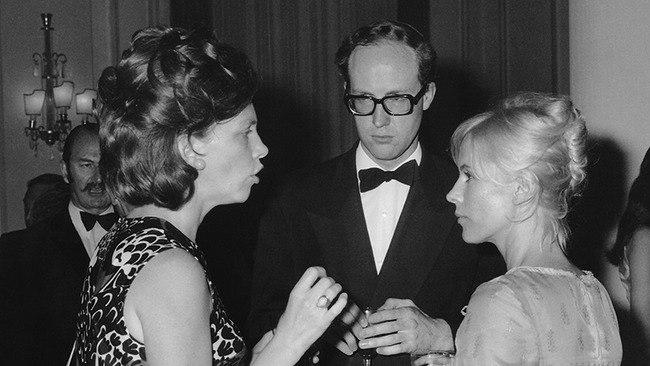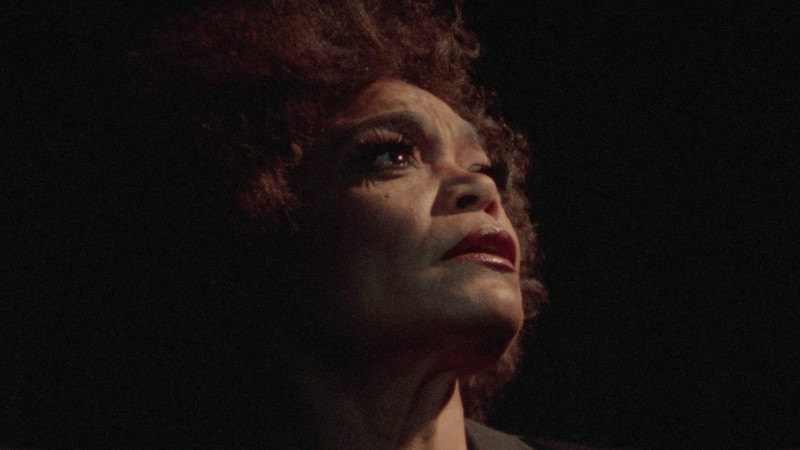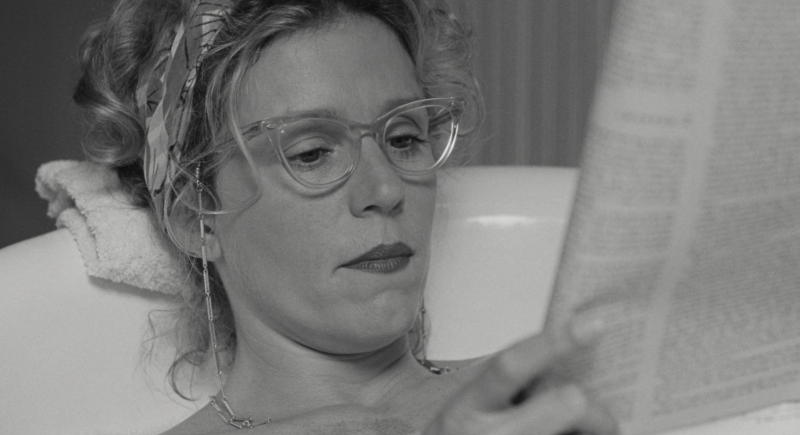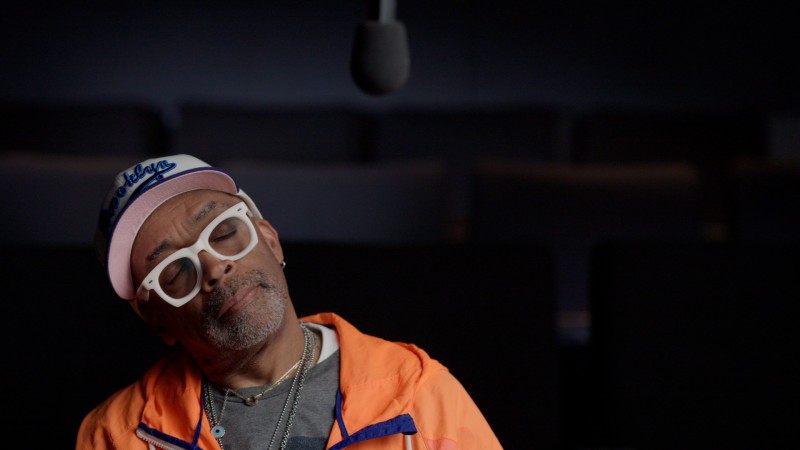The Fierce Candor of Bibi Andersson

Everyone changes with the years, but actors do so in the public glare. Bibi Andersson began as the innocent ingenue of Bergman films like The Seventh Seal, Wild Strawberries, and The Magician in the late 1950s, the archetypal Nordic blonde with a heart of gold. Her features glowed with a warmth oftendenied to beauty. The eyes were small, but their blueness was all. (Her portrait vied for space with those of Brigitte Bardot and Monica Vitti on the walls of my student rooms at Cambridge.) Then, in the summer of 1966, she returned in Persona as an altogether more mature person and actress. The peaches-and-cream innocence of Mia in The Seventh Seal and Sara in Wild Strawberries had been replaced by an empirical poise and candor that still fell well short of disenchantment.
Bibi often deplored the lack of good roles for women. But by the time she reached thirty years of age, she had demonstrated her ability to outlive the starlet’s hour. Nurse Alma in Persona is a character in whom physical charm grows subordinate to psychological strength and weakness. Charged with caring for the mute and seemingly sullen actress Elisabet Vogler (Liv Ullmann), Alma appears not to realize that Elisabet is in fact her alter ego, the “soul image” of her personality. A tipsy Alma tells the actress about a day at the beach when she and a friend had spontaneous sex with two strangers, and Bibi releases the erotic coils of this monologue with a control and cadence so skillful that it sounds more carnal than most screen orgies look. Both she and Bergmanfelt embarrassed about shooting this scene, and so they dispensed with rehearsals. And it went perfectly on the first take.
A similarly demanding scene occurs outdoors, when Alma, feeling angry at Elisabet’s betrayal, breaks a glass by mistake on the terrace and then leaves a single, jagged shard on the path.Elisabet emerges from the house and cuts her foot. In a few seconds of mysterious osmosis, Bibi’s expression conveys to us the sense that her desire for revenge is drawing Elisabet inexorably toward the fragment of glass. Like all the best actors, she projects her thoughts from within.
The weight of Persona lies heavily on Bibi. She must veer instinctively from insouciance to moodiness and unpredictable explosions of anger. In her concluding monologue, in which Alma compels Elisabet to accept the truth about her loathing for an unnamed, unseen son, her concentration is affecting because it marks the limits of humankind’s pitiful efforts to comprehend itself and its emotions. Alma’s failure becomes Bergman’s—and Bibi’s—triumph.
When I was introduced to her in Stockholm in 1968, Bibi had moved on from her love affair with Bergman, and expressed sympathy with the feminist movement of that period. She became friends with the actress turned director Mai Zetterling, and in Zetterling’s The Girls (1968), Bibi could articulate her views (and those of the director) on the position of women in modern society—and did so with forthright intensity. At the close of the movie, her character sends her male counterparts spinning to the ground in the stage presentation of Lysistrata; in another sequence she strips before her husband in a nightclub, hurling her bra into his face in an anguished gesture that prompts a whole bevy of women to follow suit and strip.
In 1973, I was preparing a study of Swedish actors. Bibi invited me to her villa in Lidingö, with its plethora of paintings and drawings and a delicately colored chandelier from Florence. She talked without airs and without illusion. Bibi had an inquiring mind, an independence of spirit. Beneath her assurance lay reserves, you felt, of humility and gentleness. Maj-Britt Nilsson (Summer Interlude) had been the idol of her youth. “She was so natural,” Bibi said fiercely. She then complained that Swedish directors were reluctant to cast her in uncharacteristic roles. So she hadenjoyed making The Kremlin Letter (1970) for John Huston, where the script called for her prostitute to be neurotic, beautiful, sexy, and yet utterly ravaged by life.
In the early 1980s we talked again at a small dinner hosted by Agneta Ekmanner (who later graced Bergman’s In the Presence of a Clown), and Bibi reminded me that she had begun work in the acting pupils’ group at Svensk Filmindustri on a salary of 300 kronor a month. Svensk could assign her to any kind of small role, but the compensation was really that she spent hours watching—and learning—on the studio’s stages.
Good parts eluded her after the age of fifty, although she did make the most of a small but elegant role in Babette’s Feast (1987). We last met in 2006, when she was living in the South of France and came to Cannes for the launch of the Bergman Foundation. We had a little chat, and then some clips were shown from Bergman’s private archive. During a change of DVDs, I saw her slip away with her friend. But then she unexpectedly peeped her head around the door as though she had forgotten something, caught my eye, and waved and smiled farewell.
This is one in a series of pieces devoted to film figures Cowie has gotten to know in the course of his career. Read his introduction to the series here.










